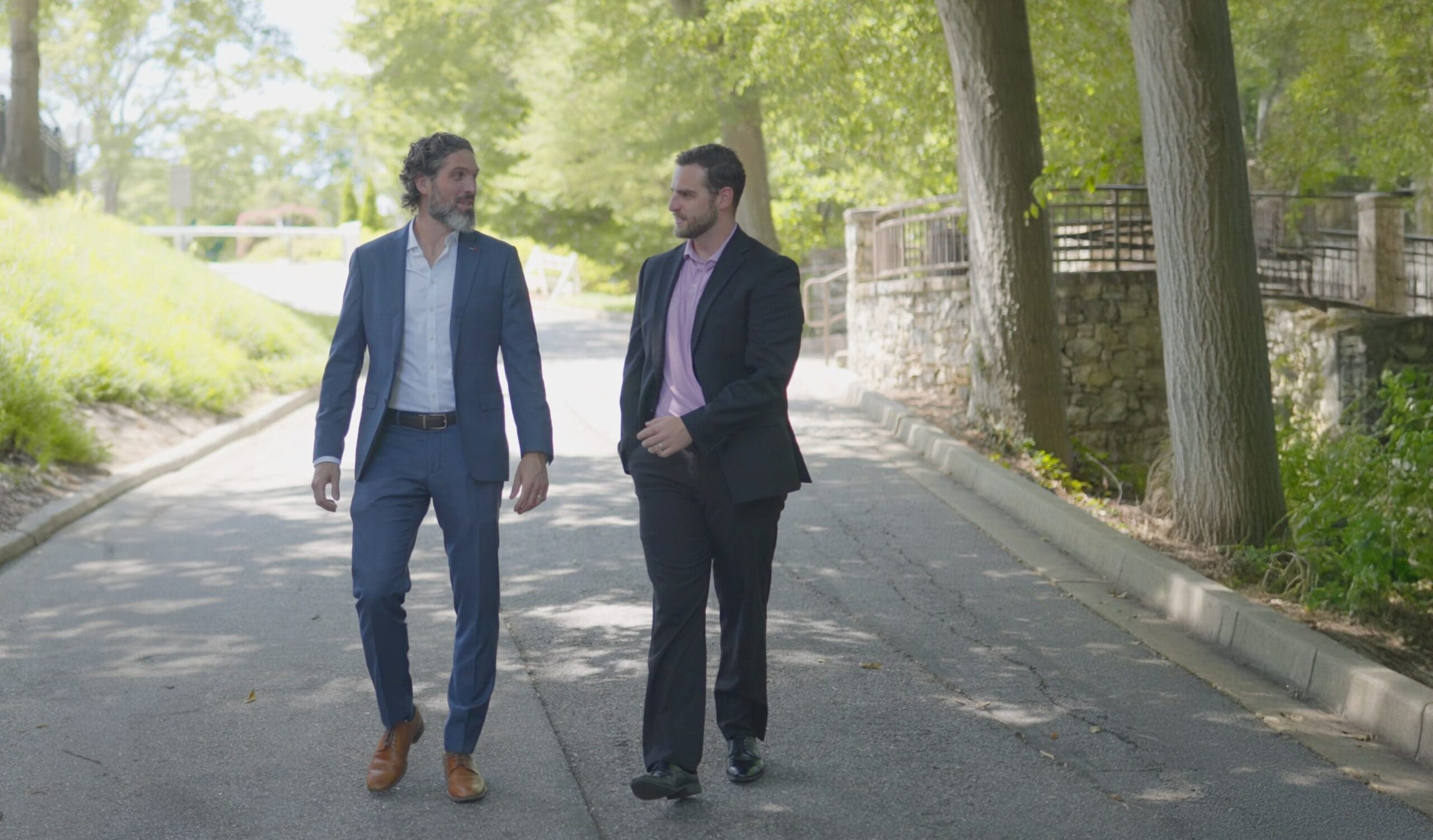Head Injury Lawyer
A head injury can have severe and lasting effects, making it essential to seek legal help to navigate the complex world of injury claims. These injuries can range from minor concussions to severe traumatic brain injuries (TBIs), each carrying its own set of challenges and implications. A qualified head injury lawyer can guide you through the legal process to ensure you receive the compensation you deserve.
Head injury claims involve many factors, including medical evidence, witness statements, and expert testimonies. The complexity of these cases underscores the importance of having an experienced lawyer by your side. They can help gather the necessary proof and build a strong case to maximize your chances of a successful outcome.
Understanding Head Injuries
Head injuries can range from mild to severe and have different causes and immediate response steps. Early and appropriate action is critical for better outcomes.
Types and Definitions
Head injuries encompass various forms, such as concussions, contusions, skull fractures, and hematomas. Concussions are caused by a blow or jolt to the head, leading to temporary loss of brain function. Contusions involve bruising of the brain tissue due to direct impact. Skull fractures indicate a break in one or more bones in the skull. Hematomas occur when blood collects outside blood vessels, creating pressure on the brain.
There are also penetrating head injuries, where an object pierces the skull and enters the brain. Each type needs specific attention and treatment.
Common Causes
Head injuries often result from multiple common sources. Traffic accidents are a major cause, leading to a significant number of cases each year. Falls, especially among the elderly and young children, are also frequent culprits.
Understanding these causes is crucial for prevention and public health measures.
Immediate Steps After a Head Injury
Immediate response can mitigate the severity of a head injury. First, ensure the injured person is safe and not in danger of further harm. If the person is unconscious, call emergency services immediately. Avoid moving the person unless necessary to prevent further injury.
Check for any visible signs of trauma, such as bleeding or swelling. Apply pressure to stop any bleeding. Keep the injured person as still as possible. If they are conscious, observe for symptoms like confusion, slurred speech, or dizziness. Following these steps can help stabilize the person until professional medical help arrives.

Legal Rights and Compensation
When suffering a head injury due to someone else’s negligence, it’s crucial to understand your legal rights and the types of compensation you might be entitled to. Securing the maximum possible compensation often involves the guidance of a specialized lawyer.
Knowing Your Legal Rights
Individuals who have sustained head injuries may have the right to file a claim against the party responsible. This typically involves proving that the injury was due to negligence or intentional harm.
Understanding which laws apply can significantly impact the outcome of a claim. Different states may have varying statutes of limitations and negligence laws. These legal nuances can complicate filing a claim.
A car accident attorney can offer detailed advice specific to your jurisdiction. They can explain complex legal terms and procedures, ensuring you make informed decisions.
Types of Compensation Available
Victims of head injuries can seek various forms of compensation. Medical expenses are often a primary concern and can include costs for both immediate and long-term care.
Lost wages can also be claimed if the injury has caused a loss of income. Compensation might cover past and future earnings if the injury affects your ability to work.
Pain and suffering are non-economic damages that a victim might receive for physical pain and emotional distress caused by the injury. Similarly, loss of consortium refers to compensation awarded when relationships with family members suffer due to the injury.
A specialized lawyer will help identify and quantify all potential forms of compensation applicable in your case.
Securing Maximum Compensation
To secure maximum compensation, thorough documentation of the injury and its impacts is essential. Medical records, witness statements, and expert testimonies can strengthen the case.
A lawyer experienced in head injury cases plays a critical role here. They know the types of evidence needed, how to negotiate effectively with insurance companies, and how to present a compelling case in court.
Additionally, a lawyer can help victims avoid common pitfalls. They can advise against settling too early or accepting low offers, ensuring that the compensation covers all future expenses and hardships related to the injury.
Choosing the Right Head Injury Lawyer
Selecting the right head injury lawyer can significantly impact the outcome of your case. Focus on specific qualities, benefits of skilled lawyers, and crucial questions to ask during consultations.
Qualities to Look For
A key quality in a head injury lawyer is experience. Choose someone who has handled similar cases and understands medical and legal intricacies.
Reputation is also critical. Look for positive reviews and peer endorsements. A lawyer with a strong network can offer additional resources.
Communication skills are essential. You should feel comfortable discussing sensitive issues openly. Transparency about fees and case strategies is important.
Skilled Lawyer Benefits
A skilled lawyer enhances the likelihood of a favorable outcome. Their expertise allows for accurate damage assessment, ensuring all costs, including future medical expenses, are considered.
They are adept at negotiation, often securing higher settlements without the need for prolonged court battles. Their reputation alone can sometimes lead to quicker, more favorable resolutions.
Skilled lawyers also provide emotional support, guiding clients through the complex legal landscape with confidence. Their knowledge streamlines the process, reducing a client’s burden.
Consultation Questions
Prepare questions to gauge a lawyer’s suitability. Ask about their track record in head injury cases and request specifics on past results.
Inquire about their fee structure. Understanding costs upfront prevents future disputes. It’s also vital to ask who will handle the day-to-day aspects of the case—you or their team.
Lastly, question their communication protocol. How often will they update you, and through what means? Knowing this can set expectations and reduce anxiety during the process.

Legal Process and Representation
A thorough understanding of the legal process and representation is crucial for clients seeking justice in head injury cases, for example from any types of car accidents . This process involves filing a claim, gathering evidence, negotiating settlements, and, if required, undergoing trial proceedings.
Filing a Claim
Initiating a head injury claim involves detailed paperwork and adherence to specific timelines. The plaintiff must file the claim within the statute of limitations, which varies by jurisdiction. They should ensure accuracy in the claim details, including the date, time, and location of the incident, and the injuries sustained and assist in completing and submitting all necessary documents and forms, ensuring all legal requirements are met.
Evidence and Case Building
Gathering robust evidence is fundamental to support a head injury claim. This typically includes medical records, witness statements, photographs, and expert testimonies. Medical records provide crucial information on the extent and impact of the injury, while witness statements can validate the occurrence and context of the incident.
An experienced lawyer plays a pivotal role in gathering this evidence. They coordinate with medical experts to analyze injury reports and may also work with accident injuries reconstruction specialists to ensure all aspects of the event are accurately portrayed.
Negotiation and Settlement
Many head injury cases are resolved through negotiation and settlement before reaching trial. During this phase, both parties discuss compensatory terms to avoid the prolonged process of litigation. Negotiations require skillful communication and a deep understanding of the claim’s value.
Lawyers advocate on behalf of their clients, striving to secure a fair settlement that covers medical expenses, lost wages, and other damages. They negotiate with insurance companies and opposing counsel, aiming to reach an agreement that is in the best interest of the injured party.
Trial Proceedings
If a settlement cannot be reached, the case proceeds to trial. Trial proceedings are formal and involve presenting evidence and arguments before a judge or jury. The plaintiff’s lawyer must construct a compelling narrative based on the evidence collected, aiming to prove liability and demonstrate the extent of the damages.
Throughout the trial, the lawyer cross-examines witnesses and presents expert testimonies to strengthen the case.
Armada Law’s Client-Centric Approach
Armada Law’s Services
Their services cover a wide range of legal needs, from personal injury lawyer to specialized head injury cases. Each service is designed to cater to the unique circumstances and challenges that clients face.
Representation in Head Injury Cases
The law firm offers specialized representation in head injury cases. Their team of seasoned attorneys focuses on achieving the best outcomes for those affected by traumatic brain injuries.
Personalized Legal Assistance
Armada Law takes pride in offering personalized legal assistance. They tailor their strategies to fit the individual needs of each client, ensuring that each case receives the attention it deserves.
Client-Centric Focus
By prioritizing the client’s needs, Armada Law fosters a strong attorney-client relationship. They make it a point to keep clients informed at every stage of legal proceedings, ensuring transparency and trust.
